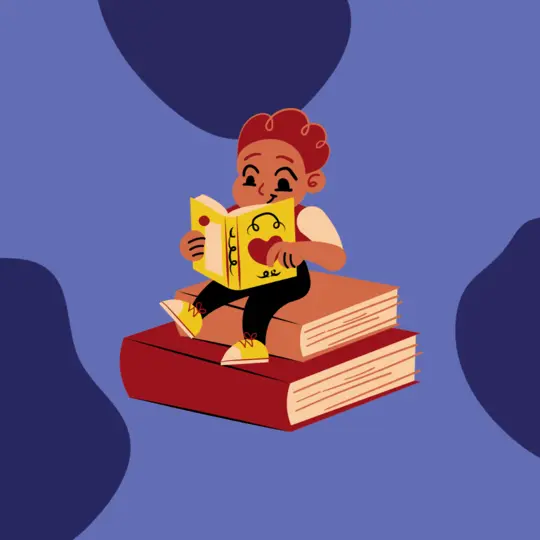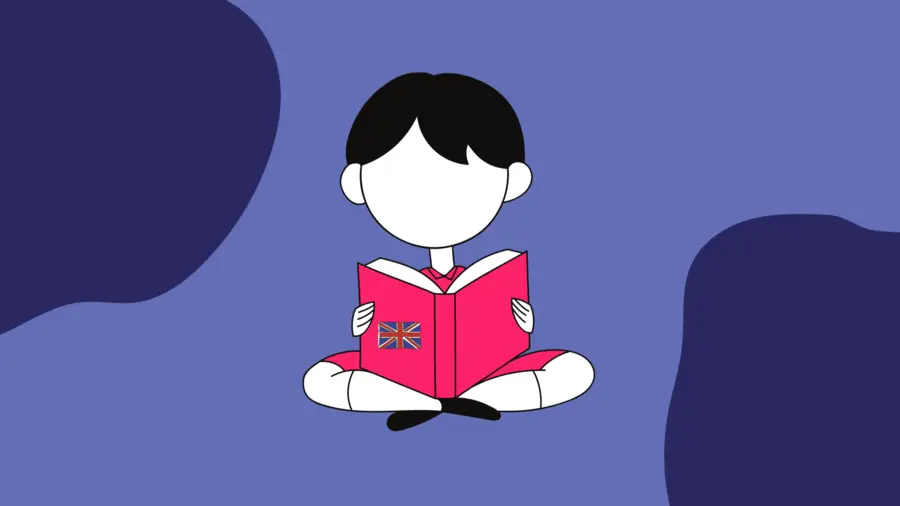In the contemporary landscape, where global communication holds paramount importance, proficiency in English is not merely advantageous but a prerequisite. Language kindergartens present an ideal solution to this demand, allowing the youngest individuals in society to immerse themselves in the English language from an early developmental stage. The concept of language kindergarten is gaining escalating popularity among parents seeking to furnish their children with a robust English foundation right from their formative years.
Getting Ready for Future International Education
The advantages of introducing children to English at an early stage are manifold. In addition to honing communication skills, children also cultivate the capacity to comprehend and interpret content within an international framework. Language kindergartens serve as a gateway for children to explore various cultures and traditions, fostering an open and tolerant mindset.
The curriculum of language kindergartens is crafted innovatively, employing interactive teaching approaches that transform learning into a captivating adventure. Through play, singing, games, and activities, children not only find the educational process appealing but also more impactful.

Advantages: Enhancing Language Proficiency
Language kindergartens are dedicated to establishing an inviting atmosphere where children naturally acquire English skills during their kindergarten experience. Through engaging activities, games, and songs, children not only grasp correct grammar but also develop fluency in utilizing the language. English proficiency serves as more than just a communication skill; it acts as a tool with the potential to unlock numerous opportunities in the future. The advantages of a child's involvement extend beyond communication skills, influencing various facets that contribute to the holistic development of the child.
Highlighted below are three key areas of advantage in language skills development:
- Children mastering English not only gain language proficiency but also bolster their self-confidence. This crucial element positively influences their willingness to communicate within both the preschool environment and beyond.
- The interactive activities, games, and songs integrated into the language kindergarten curriculum spark creativity and foster imagination. Through playful learning, children not only absorb vocabulary and language structures but also learn to express their thoughts and emotions in a creative manner.
- Early exposure to English not only facilitates academic learning, but can also yield positive effects on achievements in other subjects. A robust language foundation serves as the cornerstone upon which further educational skills can be developed.
Drawbacks: Possible Hurdles and Obstacles
Despite numerous advantages, there exist challenges linked to bilingual education. Children might encounter difficulties learning two languages concurrently, potentially resulting in speech delays. It's crucial to recognize that these challenges are often transitory, with the enduring benefits outweighing the short-term obstacles. While language kindergartens offer undeniable advantages, it's essential to acknowledge and address certain challenges associated with this educational approach.
Outlined below are three potential hurdles and challenges that may arise, but with the right strategies, they can be effectively surmounted:
- a prevalent challenge that language kindergarten attendees might face is the risk of speech delays. It's imperative for parents and teachers to be cognizant of this aspect and provide support, along with additional enriching activities if necessary;
- teachers in language kindergartens must exhibit heightened sensitivity to each child's unique needs, particularly in the context of learning two languages. Children vary in their learning rates, necessitating curriculum adjustments tailored to their individual skills and requirements;
- dilingual education in kindergarten demands close collaboration between teachers and parents to ensure its effectiveness and address any emerging concerns.
Guidelines for Selecting a Language-Focused Kindergarten
Prior to making a crucial decision about selecting a language-focused kindergarten, it is imperative to consider several key aspects. Before entrusting our child to a specific facility, it is advisable to pay attention to the following factors:
Firstly, closely examine the curriculum. It is crucial that the program is tailored to the child's age, taking into account the child's unique developmental needs. Secondly, the expertise of the teaching staff plays a pivotal role. Teachers should not only impart knowledge but also foster a welcoming atmosphere conducive to the child's holistic development. If there is uncertainty in choosing a kindergarten, exploring the profiles of tutors on the TeMa platform can provide valuable insights.
Empowering and Involving Parents
The role of parents in their child's education holds tremendous significance. Actively participating in kindergarten activities, assisting the child with daily English-related assignments, and creating a home environment conducive to learning are essential for the success of this educational journey.
Let's not overlook the importance of communication with the kindergarten staff. Open and transparent communication with the principal, teachers, and other personnel is vital for understanding the functioning of the English kindergarten and the values it seeks to instill. Questions about teaching methodologies, approaches to individual needs, and the kindergarten's development plans can provide valuable insights.
A language kindergarten presents a captivating opportunity for a child's development, providing not only a strong linguistic foundation, but also opening doors to a global community. On the TeMa platform, you can discover top-notch English tutors for children who will prepare your child. Choosing such a facility requires an understanding of both the benefits and potential challenges, but with the right support from parents, it can serve as a pivotal stage in a toddler's educational journey.


